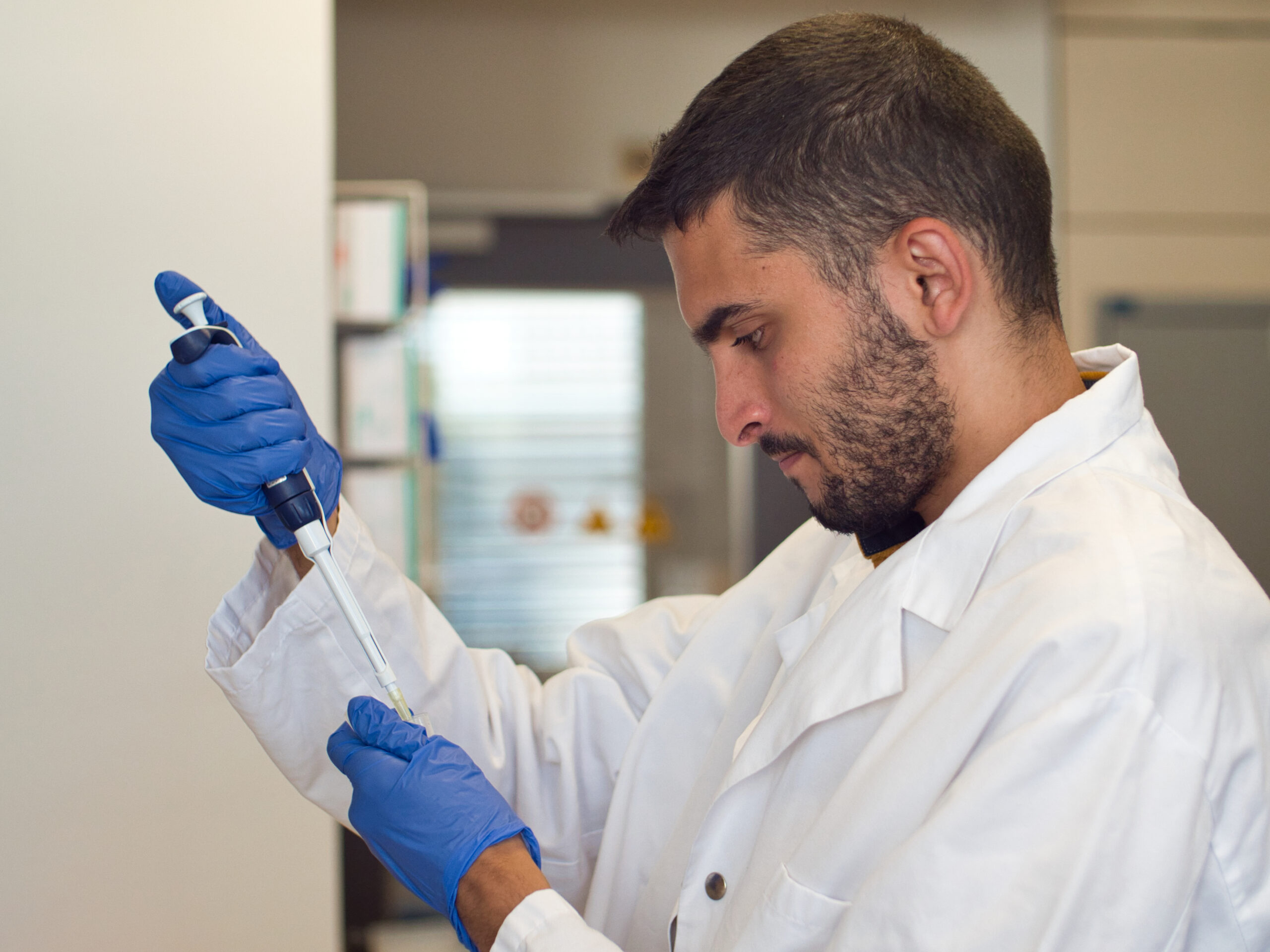Ezzeldeen Alswerky, a Palestinian researcher hired by Trinity to work alongside Professor Amir Khan in the Biochemistry and Immunology department, has finally had his visa approved by the Irish Embassy in Israel. This new development is the first step in a bureaucratic process entangled with the complications of war and the general difficulties of immigration that he will have to face before reaching Ireland.
One of the biggest factors preventing Palestinians from fleeing the Gaza strip is the closure of the border between Gaza and Egypt located in Rafah, which was seized by Israel in a military operation on May 7th. No civilians have been allowed to cross since. In addition, the closure of the Kerem Shalom crossing between Gaza and Israel has cut off almost all outside aid, and caused catastrophic hunger levels in the region, according to the United Nations.
These conditions have placed an additional physical and emotional burden on the shoulders of Palestinians hoping to complete the perilous path out of Gaza.
While Alswerky’s visa has been approved, he won’t be able to obtain a printed copy without crossing into Egypt.
Should the border re-open, Alswerky’s next obstacle would be the cost of travel and immigration. Having lost a family business to the war, he will require additional aid to fund his stay in Egypt long enough to recover and collect his visa, which he estimates could amount to €730. He will also need time to replace his lost possessions and reconnect with relatives and friends who relocated to Egypt.
Aside from support he has received from Amir Khan in obtaining his visa, Alswerky has not been contacted by Trinity. Once he arrives in Ireland, he will further be confronted with the cost of living and rent, and will require assistance to pay these costs. He hopes that with financial and emotional aid from College he will find space to heal from the traumas he has endured since the outbreak of the war.







